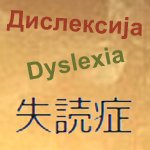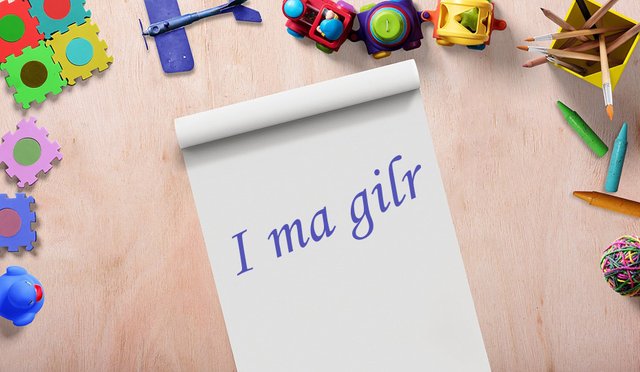Every year, kindergarten teachers worldwide must marvel at some of their students, who in spite of their best efforts at teaching, are just unable to learn at the right pace. On further probing, the culprit is usually highlighted as a health issue mitigating against their ability to read and understand words. This phenomenon is known as dyslexia, difficulties in encoding certain words - that causes the problem with reading and writing.

Precise dyslexia statistics may be difficult to establish, partly because experts don't always agree on its definition, but also because the severity of the symptoms vary widely. Some children have mild symptoms and are able to cope with simple reading exercises. Such may only struggle with the more complex tasks. For others, the most basic attempt at reading is met with great difficulty.

Typically, worrisome indications of this condition first show up clearly in preschool, although they may have previously demonstrated some delay in attaining some developmental milestones (such as delay in crawling, talking and walking) in infancy. Such children may be noticed to habitually avoid attempts at reading; and when they are forced to do so (eg. for a compulsory class reading exercise), they show a great deal of apprehension. Suspicions of dyslexia are often reinforced as they grow older, and by middle school, they will tend to make several spelling errors, and have gross deficiencies of comprehension. An experienced teacher in a certain age-grade can usually tell when something seems off in a particular child's reading habits.
Having a child diagnosed (either through an expert or layman), with dyslexia can be a trying time for parents. When they learn that it usually lasts (to a degree) throughout life, further frustration builds up. Many would try to figure out the cause, if perhaps they had a causal rule to play in the diagnosis. For such parents, it's best they didn't take on the guilt; because nothing they did likely caused the problem. Dyslexia doesn't come about as a result of poor care, poor teaching or upbringing. Similarly, dyslexics can be very intelligent in other ways. Experts have linked the condition to some complex hereditary factors causing some unusual brain deficits, particularly in the arena of reading. Some studies indicate that children with dyslexia have problems in the processing of visual stimulation.
The journey to a fulfilling life with dyslexia begins with the insight which often follows a first professional diagnosis. This is often done in schools, after evaluations by professionals with vast experience with childhood learning disorders. Such experts include school psychologists, clinical psychologists and pediatric neuropsychologist. They would usually work together to make a conclusive assessment which should ideally qualify such children for special supports and services as they go about their educational journey.

For those diagnosed, a multidisciplinary approach is typically taking in their management. Parents have a very active role to play in loving, supporting and understanding their children but professionals would often be required to help. Such individuals include speech therapists, child psychologists, special education teachers and so on. They also often benefit from specific teaching methods/approaches that have been proven to be most effective in dyslexics.
Overall, the primary caregiver (often parents) remain the main source of support, and their level of encouragement would usually determine their chances of success at school, and even much later in life. According to past experiences, the best solution for this problem is developing interests which do not require high skills of reading and writing. Such as, for example: sport, art, logic...
Therefore the most important thing is to recognize dyslexia in the earliest childhood and to have absolute understanding.
If you're interested, here is a list of 10 famous people with dyslexia and their stories. It can be useful, as a model of success and you should never give up. It is extremely important to have faith in a good outcome.
Dyslexia can be overcome!

And my work, image (2.)


Your post will be shared in my daily report :)
Downvoting a post can decrease pending rewards and make it less visible. Common reasons:
Submit
Congratulations @cryptocica! You have completed the following achievement on the Steem blockchain and have been rewarded with new badge(s) :
Click on the badge to view your Board of Honor.
If you no longer want to receive notifications, reply to this comment with the word
STOPDo not miss the last post from @steemitboard:
Downvoting a post can decrease pending rewards and make it less visible. Common reasons:
Submit